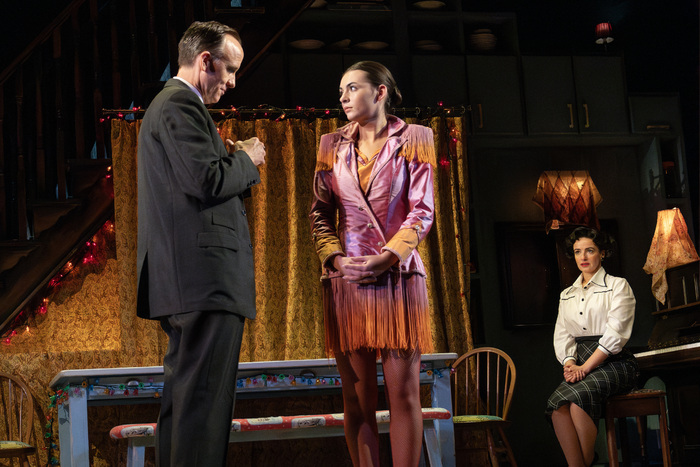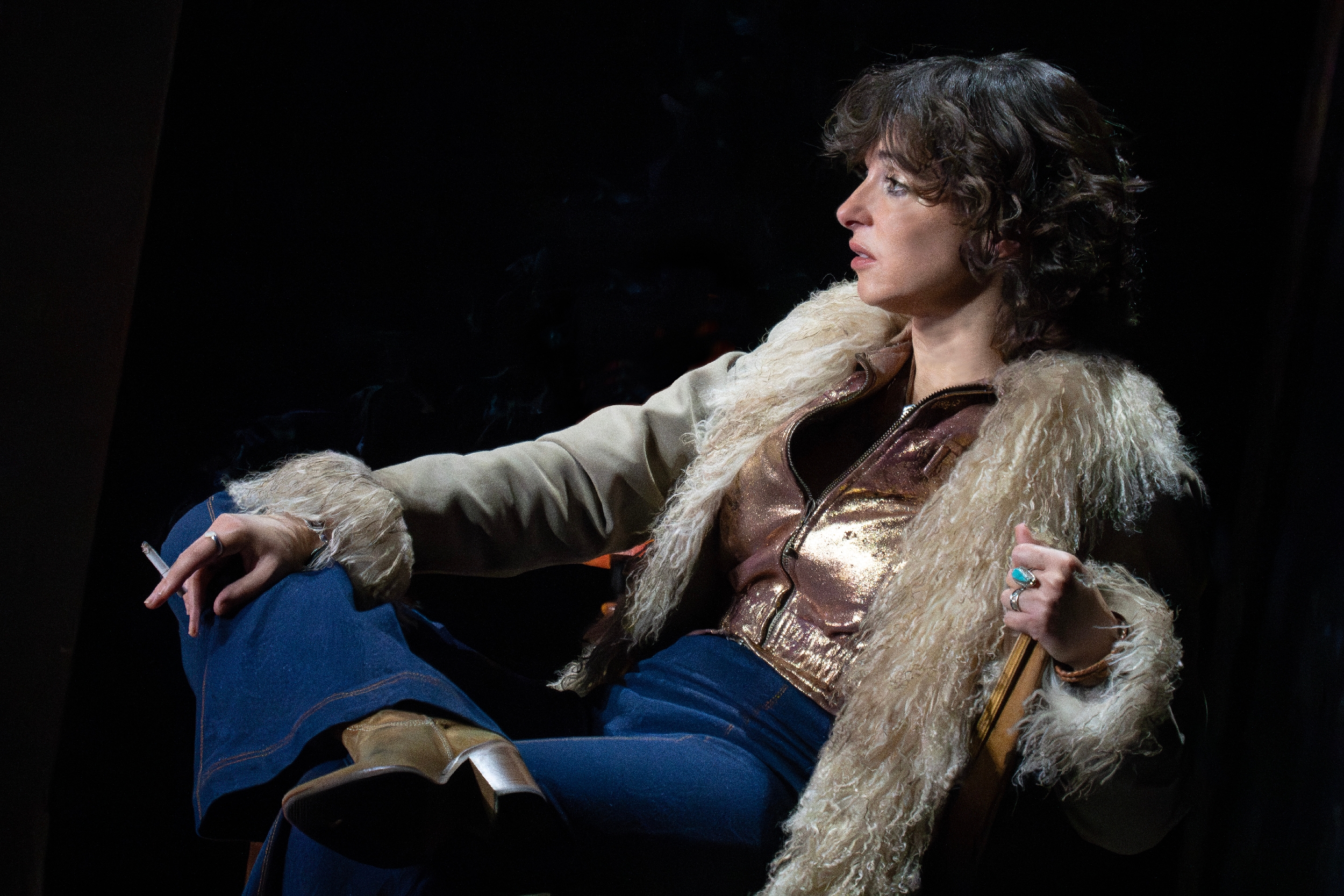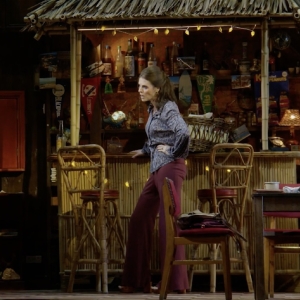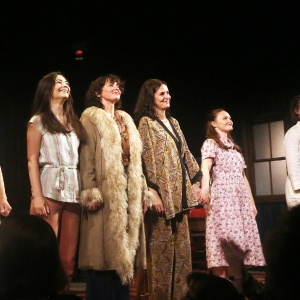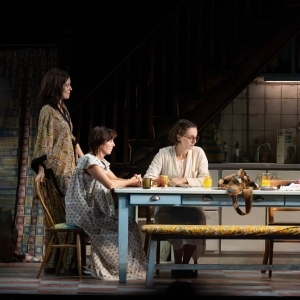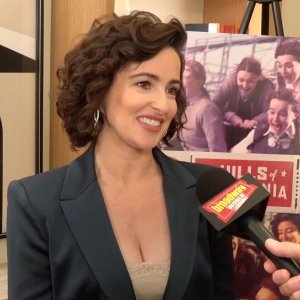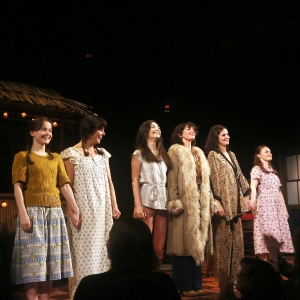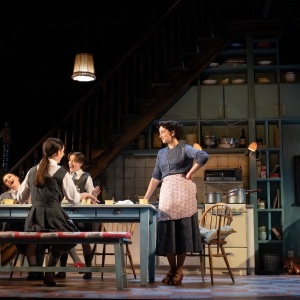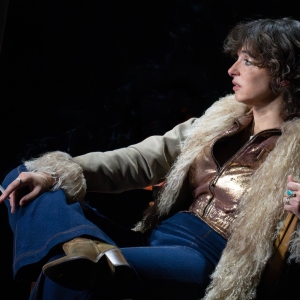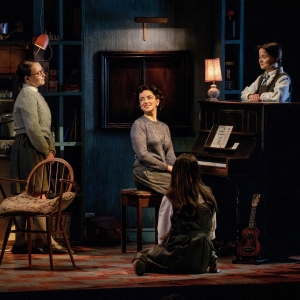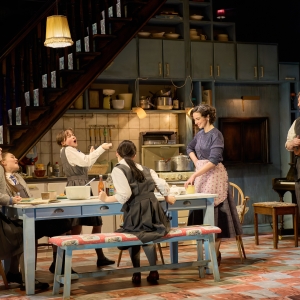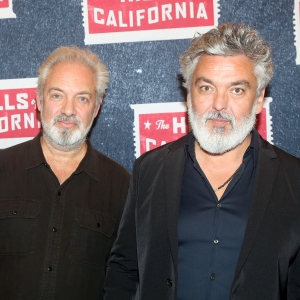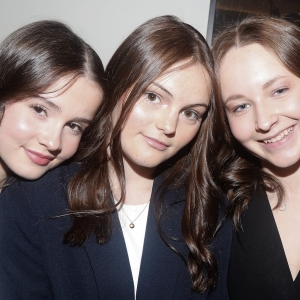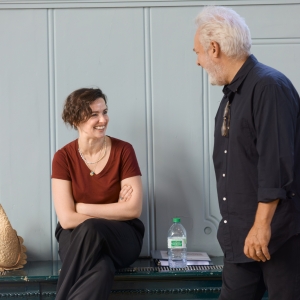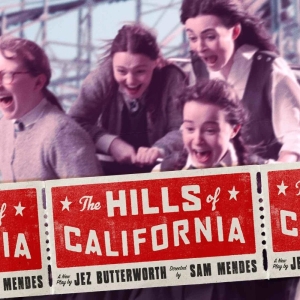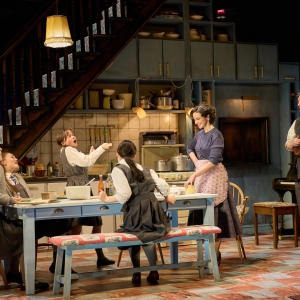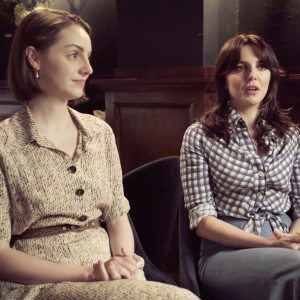The Hills of California - 2024 Broadway History , Info & More
Broadhurst Theatre (Broadway)
235 W. 44th St. New York, NY
Following their triumphant production of The Ferryman, Tony®-winning Playwright Jez Butterworth and Oscar and Tony-winning Director Sam Mendes reunite for The Hills of California.
In the sweltering heat of a 1970s summer, the Webb sisters return to their childhood home in Blackpool, an English seaside town, where their mother Veronica lies dying upstairs. Gloria and Ruby now have families of their own. Jill never left. And Joan? No one’s heard from her in twenty years… but Jill insists that their mother’s favorite won’t let them down this time.
The run-down Sea View Guest House is haunted by bittersweet memories of amusement park rides and overdue bills. Back in the 1950s, each night the girls rehearse their singing act, managed by their fiercely loving single mom. But when a record producer offers a shot at fame and a chance to escape, it will cost them all dearly.
The Hills of California - 2024 - Broadway Cast
FEATURED REVIEWS FOR The Hills of California
Doing Less With More: The Hills of California
3 / 10
Whereas The Ferryman had death in its name yet packed the stage with warm-blooded life—animals and children, drink and dance and harvest festivities—The Hills of California, acts as its reverse image. The title, taken from the Johnny Mercer tune, is all glowing, crooning mid-century dreaminess, a life of sunny days and glamorous blue Pacific nights. But those hills are as distant and untouchable as the horizon, and the play they loom over is heavy with death. The result is that Butterworth—who puts plays together like machines, calibrated for passion or pathos at the pull of a certain lever—has less to hide behind. The sheer exuberant maximalism of The Ferryman went a long way toward obscuring, even at times absolving, the show’s overdependence on some pretty trite types and twists. In The Hills of California, Butterworth’s calculations are exposed. He’s cooking with the same stock, but the soup has gotten unappetizingly thin.
Review: Long, Bumpy Ride to Sisterly Reconciliation Over ‘The Hills of California’
7 / 10
Butterworth writes sprawling, talky epics with ensembles in the double digits, three-hour run times, and lots of room for showy speeches. He’s fascinated by the death of dreams and the past that haunts us, the slow decay of England. Hills is not essentially different, thought it does focus on women. Men in this world—save one—are feckless husband-enablers and punching bags for Veronica and her mostly unhappy grown daughters. The one man who makes a definitive impact on the Webb household is the Yank talent scout, Luther, played by New York stage veteran David Wilson Barnes. Seeming at first a dryly reserved finder of genius (he claims to have discovered Nat King Cole), Luther reveals darker motives by requesting a private audition with 15-year-old Joan (Lara McDonnell) in “Mississippi” (Seaview’s rooms are named after American states). What makes the offstage encounter between Luther and Joan more disturbing is the suggestion that the girl initiates it—a tragic escape from her suffocating surroundings.
The Hills of California History
Other Productions of The Hills of California
| 2024 | West End |
West End |
| 2024 | Broadway |
Original Broadway Production Broadway |
Videos






